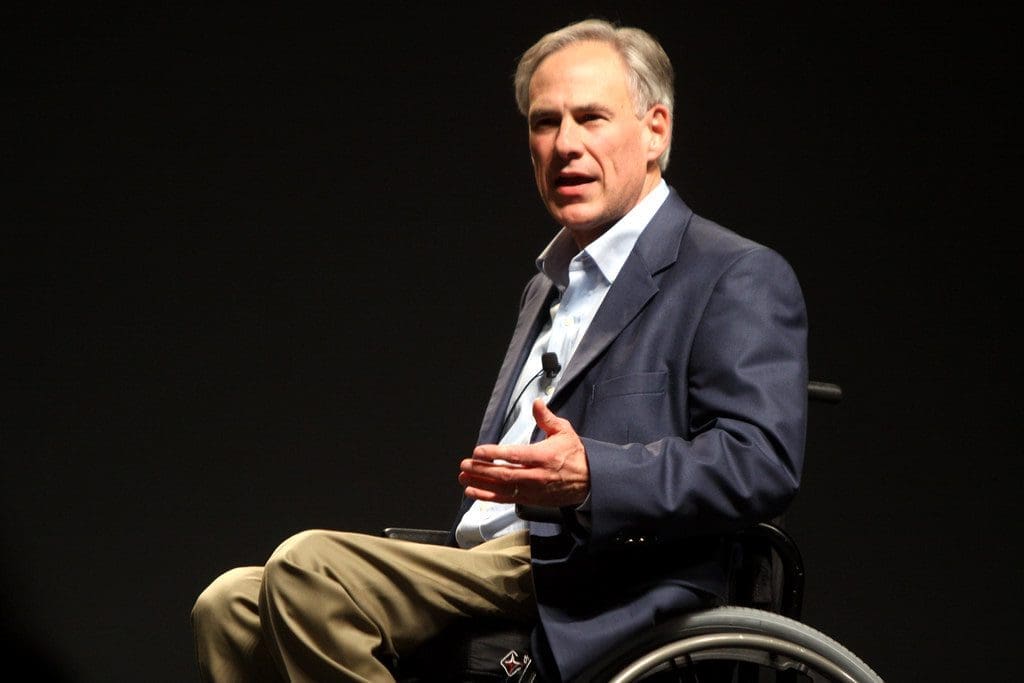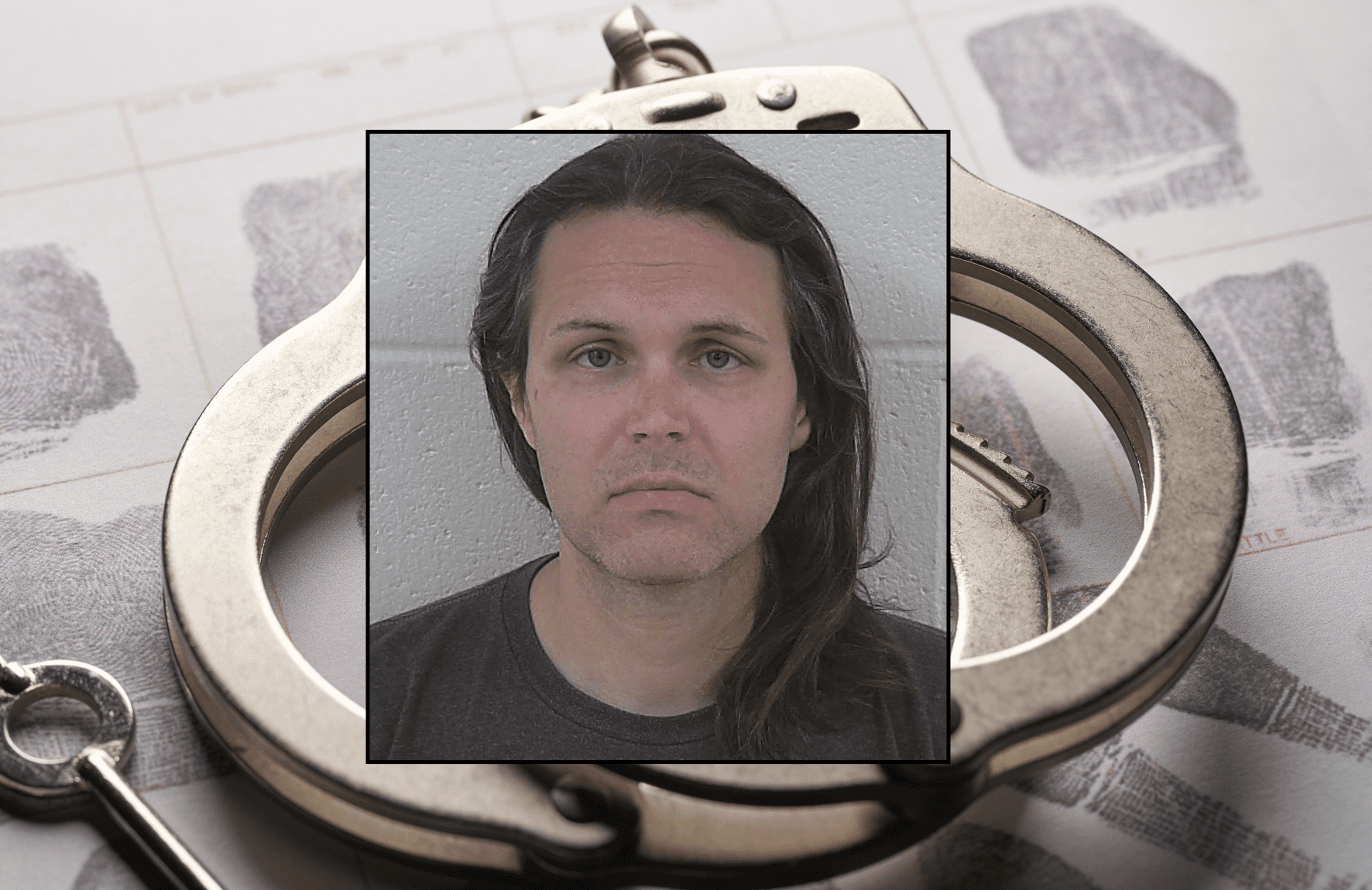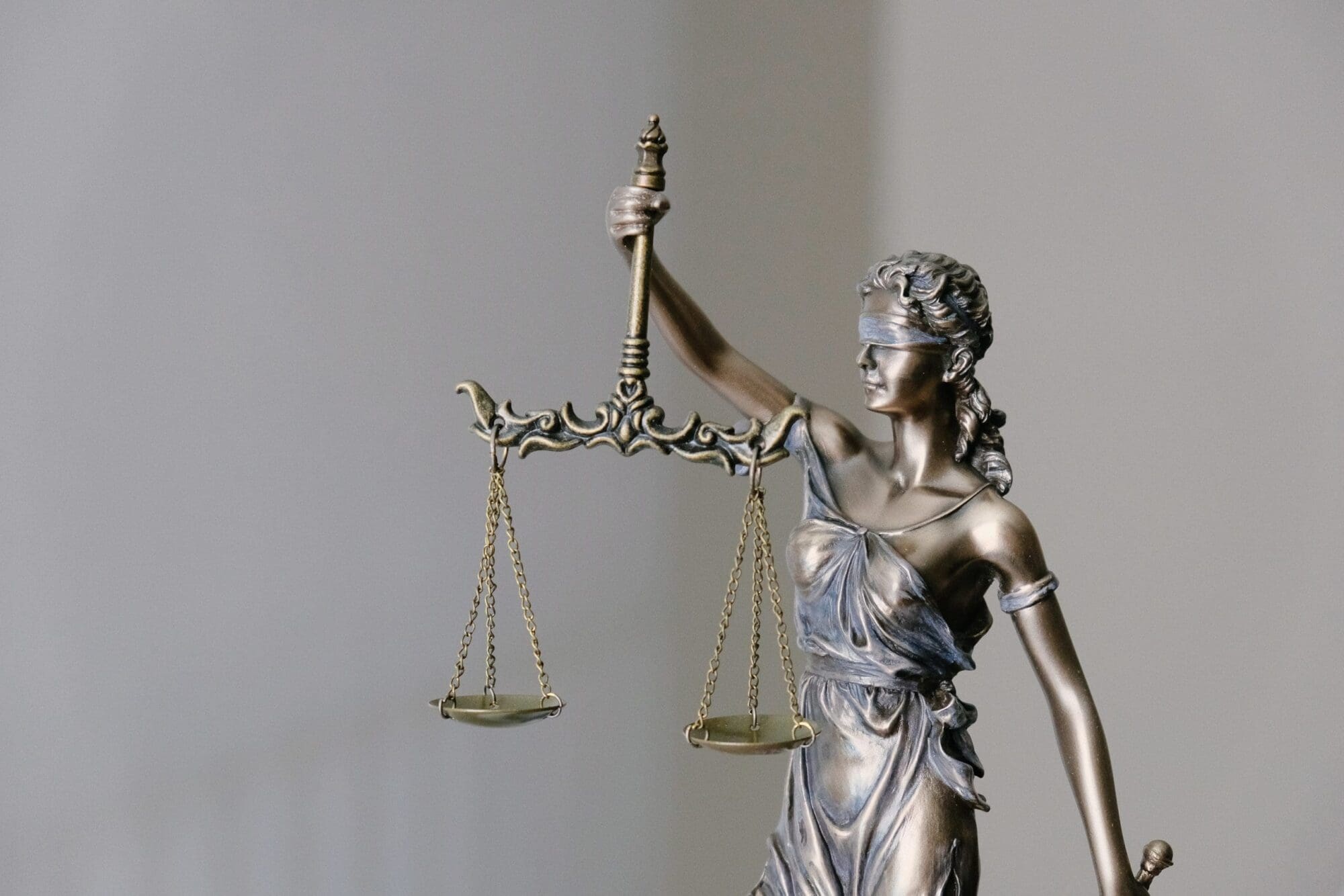Gov. Greg Abbott was scorched last week after claiming Texas’ power grid was “better today than it’s ever been.” A Forbes opinion piece points out the grid needs attention, corroborating policy experts’ previous statements that more reliable thermal power is needed, and even Democrats are now calling for action in a special session.
In early June, Abbott signed legislation that was supposed to address the February winter blackouts. “Everything that needed to be done was done to fix the power grid in Texas,” he claimed.
In mid-June, Texas Scorecard published an interview with three energy policy experts who said that wasn’t the case and that the state’s power grid has too much unreliable green energy and not enough reliable thermal dispatchable energy—such as gas, clean coal, and nuclear energy.
They weren’t alone in pointing out the discrepancy between Abbott’s words and reality. An opinion piece published by Forbes on June 22 attacked Abbott for his claims, while identifying structural problems with Texas’ electrical grid.
David Blackmon, the author of the Forbes piece, writes that while Abbott claimed last month that Texas’ power grid was “better today than it’s ever been,” the Electric Reliability Council of Texas (ERCOT)—the agency that manages the state’s power grid—was warning Texans of a possible power shortage. This was after a similar warning in April during two days when temperatures weren’t extreme by any means.
He shared an analysis stating the grid’s recent issues stemmed from failures at four large power stations—all thermal power generators—and wind energy again not meeting estimates. “Combine all of these huge thermal generation facility failures with the reality that ERCOT over-estimated what it could get out of the state’s wind power facilities by about 3 [gigawatts], and you have accounted for the preponderance of the 12 or so GW of generating capacity that the grid manager said was missing from the system starting on June 14.”
Blackmon wrote that since the February blackouts, Texas’ power grid:
- “Has not undergone any significant physical change or upgrade.”
- “No weatherization of big power plants or wind turbines or gas pipelines has taken place.”
- “No new dispatchable thermal generating capacity has been opened, had a groundbreaking ceremony or even been the subject of a final investment decision.”
- “No new transmission lines have magically appeared anywhere on the Texas landscape.”
“Nothing physically has changed, and [the grid] continues to show regular signs of growing instability.”
This corroborates what former State Rep. Jason Isaac of Life:Powered, a firm that studies Texas’ electrical grid and political policies that affect it and consumers, previously told Texas Scorecard. “We’ve seen that good thermal dispatchable generation drop significantly over the last 10 years. It’s now only 66 percent of our grid,” Isaac explained. “Thirty-three percent is variable, it’s wind and solar, and then you’ve got about 1 percent that’s hydro.”
“Our reliance on renewables has put us in a situation where relatively minor fluctuations in the weather or mechanical problems can put us at risk,” said Bill Peacock, policy director at the Energy Alliance, another energy public policy firm. “We are at a higher risk of blackouts than we’ve ever been. But we don’t know what will happen until it does.”
Isaac and Peacock have said subsidies for unreliable green energy have led Texas’ power grid to its current position.
Blackmon also counters the green energy lobby narrative that natural gas was to blame, arguing instead that all power generation in Texas failed “to some extent”—including wind. Overall, the Forbes piece seems to suggest the state’s power grid is in desperate need of attention and that more thermal power is needed.
“If Texas had reliable generation in place of all of our intermittent wind and solar farms, the grid could withstand problems like we experienced recently and last winter,” Peacock said after reviewing the Forbes opinion piece. “The Legislature’s failure to address our reliance on renewables is going to cause more problems.”
As concerns simmer about having enough power to keep homes cool during the hot Texas summer, Abbott has not yet mentioned if the power grid will be addressed in a special session. Texas Democrats appear to be trying to seize that ground for themselves. On June 30, Democrat State Rep. John Bucy III (Cedar Park) announced fixing the power grid should be on a special session agenda. What remains to be seen is if Democrats will push for more reliable thermal energy or double down on unreliable green energy.
July 8 is the start of the first of multiple special legislative sessions Abbott is expected to call. Regarding the power grid, Peacock says citizens should ask for the elimination of renewable energy subsidies and corporate cronyism to be put on the to-do list in a special session.
Citizens may contact Gov. Abbott, their state senator, and their state representative.





